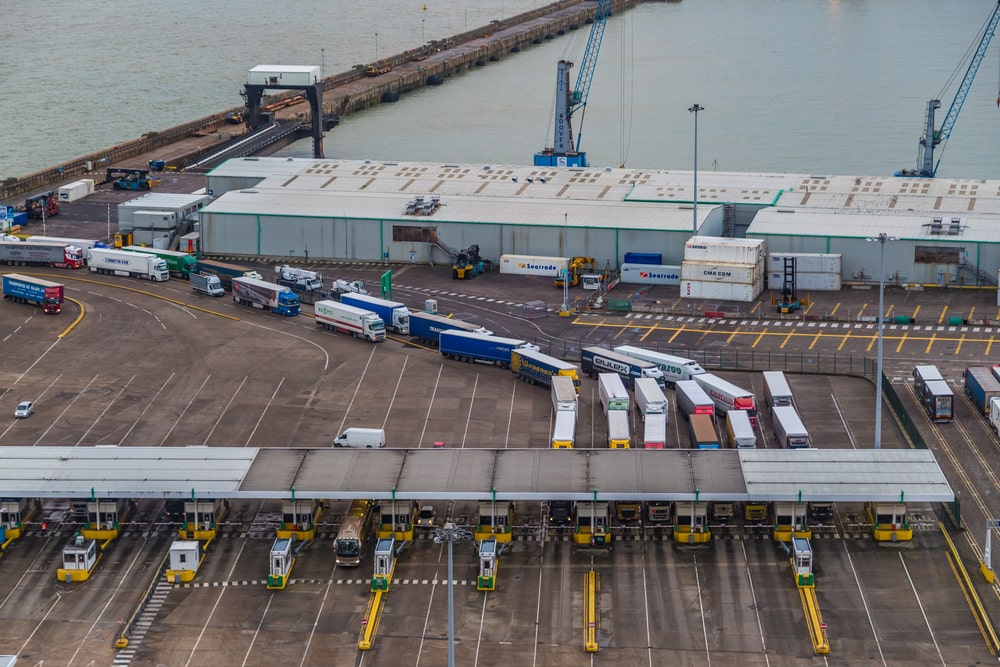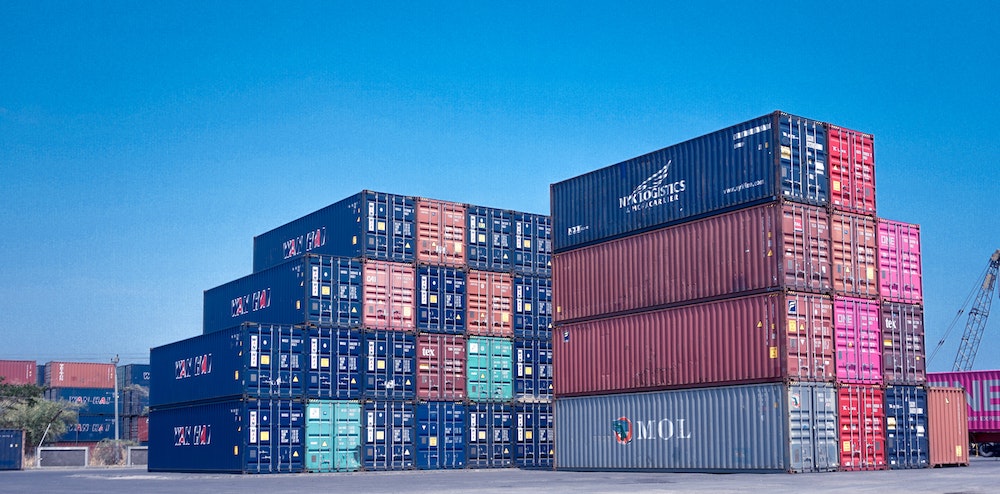International trade can be tricky, and understanding the 2020 Updated Incoterms classifications is one way to ensure you are up to date with all regulations.
Incoterms are an essential set of rules that are used around the globe in international sales contracts. They clarify who is responsible for the cost and risk associated with each shipment. Knowing the latest Incoterms classifications will help logistics managers, procurement managers, and business owners stay informed of their obligations related to international shipping.

What Are Incoterm rules?
Incoterms are short for "International Commercial Terms", created by the International Chamber of Commerce (ICC). These terms define which party is responsible for different aspects of international shipments, such as who pays for freight charges, customs duties, and insurance costs.
The ICC updates these terms every ten years to keep up with changes in international trade regulations. In 2020, they released their 11th version of Incoterms, including updated definitions and guidelines related to international trade.
The 11th version of Incoterms includes three main categories based on different modes of transport: sea/inland waterway, rail/road/air, and multi-modal transportation. Each class has its own set of rules that determine who is responsible for what when it comes to international shipments.
For example, if you're shipping goods by sea, you'll need to know which party is responsible for loading the cargo onto the ship or paying any additional port fees incurred during transit.
It is important to know that some terms only apply to certain types of transportation. This means that you need to read your contract carefully before you agree to it.
Incoterms 2020 rules
The updated 2020 version of Incoterms, officially known as the 'Incoterms 2020 rules', constitutes a set of global rules for interpreting the most commonly used trade terms in international import and export.
By detailing modes of transport and obligating parties to deliver goods, these terms offer clarity and legal certainty in global trade. In addition, they define where responsibilities lie between an exporter and an importer regarding freighting, insurance, and other costs associated with delivering the goods.
Without clear guidelines, trade disputes can arise, which hamper businesses' growth domestically and internationally. Incoterms 2020 ensures that buyers and sellers are bound to their agreements while also encouraging international trade.
Trade terms published by the international chamber of commerce (ICC)
Trade terms, like DPU, delivered at place unloaded and FOB, free on board, are an integral part of any international transaction. The International Chamber of Commerce (ICC) published the Uniform Customs and Practice for Documentary Credits to facilitate safe cross-border trading.

Their publication includes important terms (such as DPU and FOB) as well as 'FCA,' which stands for Free Carrier - all of which help to ensure a smooth cross-border transaction process.
Companies can confidently engage in global trade using ICC's trade terms with significantly less risk.
Difference between CFR and CIF costs of insurance and freight
CFR (Cost and Freight) and CIF (Cost, Insurance and Freight) are two of the most common terms in international trade contracts.
What is CFR 'Cost and Freight
CFR, also known as 'Cost and Freight,' is an international trade term used to describe a deal wherein the seller is responsible for transporting goods until they reach a destination port.
Remember that the seller also pays for loading costs and insurance. But the seller does not pay for any unloading costs or customs duties after reaching the designated port.
Under CFR agreements, paperwork must outline all parties involved in the transaction and detail who is responsible for which tasks. This arrangement benefits buyers since it helps them keep their total spend on the purchase down since transportation costs are already factored into the price.
What is CIF (Cost, Insurance and Freight)
CIF is an important acronym in international shipping and refers to Cost, Insurance and Freight. When a commodity is sold on CIF terms, the seller is obligated to arrange for the carriage of goods and provide the buyer with the required insurance coverage.
As part of this arrangement, the seller pays for freight costs from their origin point to arrive at the destination port. This ensures that both parties have equal liability in case of any damages incurred during the passage.
Considering its complexity and myriad details, CIF is one of the most efficient terms for conducting business across different countries safely and adequately.
The main difference is that when the seller includes the cost of shipping in the price under CFR, they are responsible for arranging and paying to have the goods sent to the named destination port. At the same time, CIF must also provide insurance against potential losses during transit.
It's important to note that the title to the goods passes from seller to buyer when cargo is loaded onto the ship.

The Newest Updates for 2020 Incoterms Classifications
In addition to updating definitions and guidelines related to international shipments, this year's revision also includes some new rules regarding the following:
- e-commerce transactions.
- Carriage costs (who exactly pays them).
- Liability transfers (when does responsibility pass from one party to another).
- How documents should be exchanged between parties (is digital exchange acceptable?).
Additionally, there have been clarifications on how companies should handle customs formalities in specific cases, such as:
- Cross-border shipments between two countries within a single customs union
- Goods originated from outside the EU but are being shipped into an EU member state via another member state's port or airport.
Understanding these updates will ensure businesses remain compliant with current regulations while conducting international trade operations.
The 11th version of Incoterms was released in 2020. This provides updates about international trade regulations for different types of transportation, including sea/inland waterway, rail/road/air, and multi-modal transport.
It also includes new provisions concerning e-commerce transactions and clarified rules about carriage costs, liability transfers, document exchange protocols, and more.
Logistics and Procurement Managers should familiarize themselves with these new updates so that their business remains compliant when conducting international trade operations. Understanding these latest 2020 incoterm classifications will help ensure a smooth process when shipping goods internationally!
Leave a comment